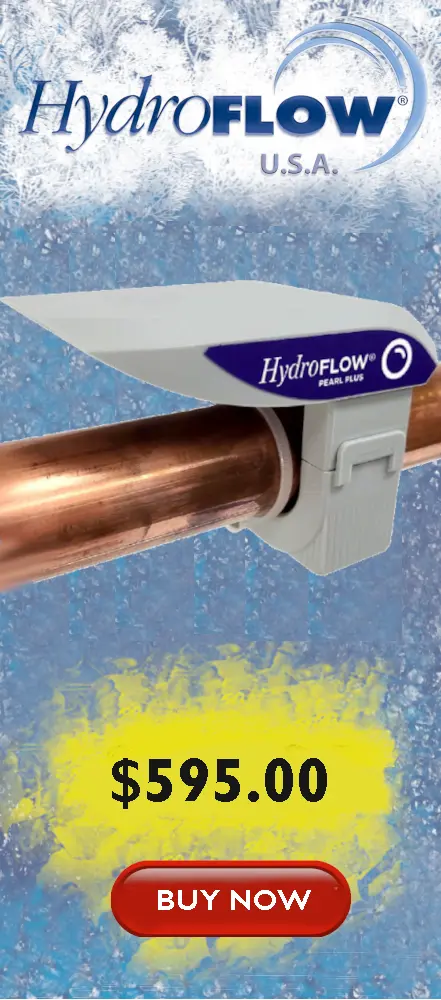Kansas
Water Quality in the State of Kansas
Kansas water supply comes from mostly groundwater, such as the High Plains Aquifer and surface waters, like the Mississippi River and the Kansas River. 85% of Kansas water is used in irrigation systems that provide water for agriculture. The remaining 15% is for public use and is being supplied by multiple municipalities.
Water Hardness Summary
Water Hardness in Kansas is high and is very common, due to the fact that the Kansas water supply mainly comes from underground wells that are rich with minerals such as calcium and magnesium. The water hardness average for Kansas is 299 PPM. Some cities with very hard water, based on USGS water hardness measures are Kansas City (330 PPM) and the state capital Topeka (182 PPM). Wichita, the most populous city in Kansas, has a water hardness level of 131 PPM (or 8 grains per gallon).
For more information on water hardness in specific cities, please see the table below.
PPM = Parts Per Million
mg/L = Milligrams Per Liter
gpg = Grains Per Gallon
Agriculture and Hard Water
Kansas has a strong agricultural backbone. Kansas has been a top agriculture producer since before its statehood. Top economical producers are wheat, grain sorghum, beef and dairy.
As Kansas has water rich in calcium (the primary source of water hardness), many farms and food process plants experience issues related to scale buildup in their irrigators, production, and processing equipment, due to the mass quantities of water flow every day. In addition, contaminants polluting soil and waterways have increased greatly over the past few decades and there is a greater need for waste and chemical control. Many farmers are looking for eco-friendly solutions that can increase the quality and yield of their crops while saving water. Read more about how HydroFLOW can increase crop yield.
Solutions to your Water Quality Problems
Fixing your water quality issues in the state of Kansas will depend on your specific water source. It is best to test your potable water supply in order to get a better understanding of your water quality. Testing is relatively cheap. The test results will allow you to understand if your potable water has issues that need to be addressed. Common solutions to water contamination problems may include a water filtration system, a reverse osmosis system or other whole home water treatment solutions.
A problem that almost all Kansas residents will have to deal with is hard water. One old-fashioned, inefficient, expensive and unhealthy method to treat hard water is with a salt-based water softener. Most people don’t realize that if you’re using a water softener you are basically removing calcium and magnesium from your drinking water and adding salt to your diet. In addition, many states are banning the use of salt-based water softeners.
Alternative water treatment solutions such as “water conditioners” have been gaining popularity in recent years because they are cheap to operate and the best eco-friendly solution for hard water. Hydropath technology, which powers the HydroFLOW water conditioners is by far the most efficient and cost-effective eco-friendly solution to deal with hard water problems. To learn more about how HydroFLOW solves the problems created by hard water, please check out our technology page. You might want to read this blog that explains the difference between water conditioners and water softeners: Water Conditioner vs. Water Softener Blog.



